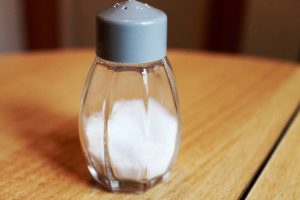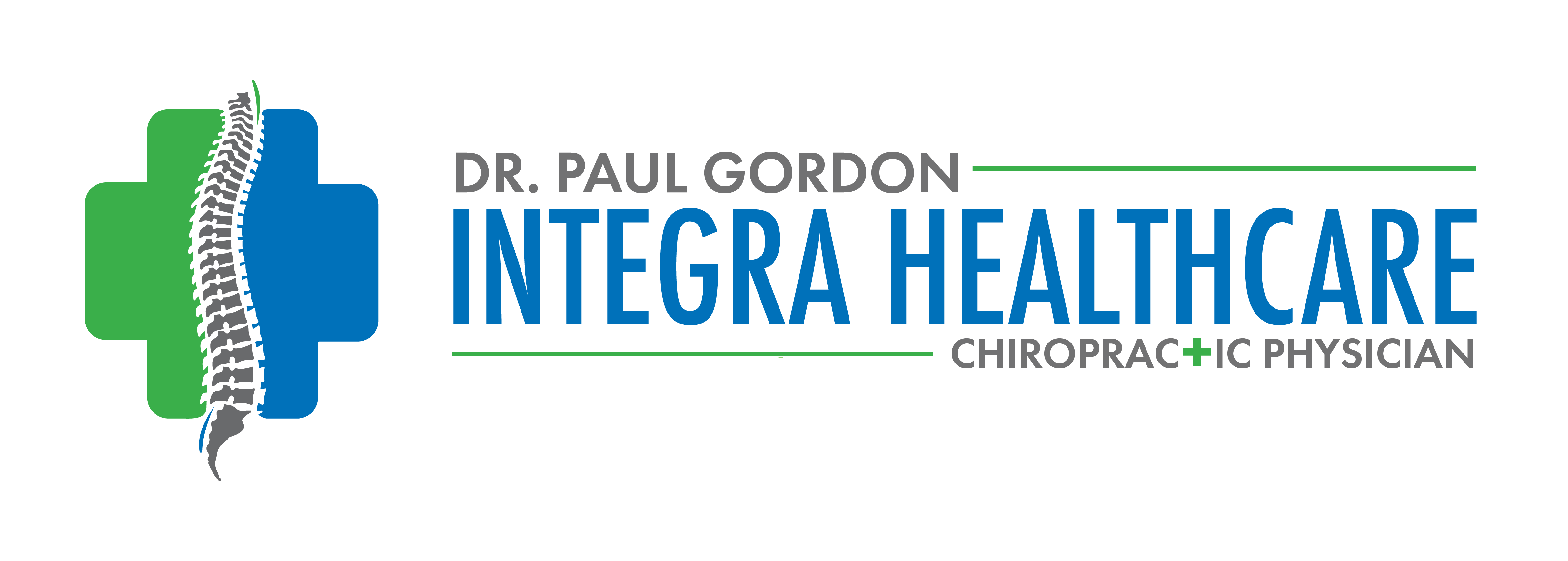The Role of Sodium in Your Diet
 Most people get far too much sodium in their diet. In fact, according to a recent study by the Centers for Disease Control and Prevention, the average adult consumes 3,466 mg per day. In addition, children intake an average of 3,387 mg each day. Both numbers have become cause for concern in the healthcare community, as the government’s recommended daily dose is 2,300 mg. Those who exceed these levels can experience high blood pressure and have an increased risk of suffering a stroke or heart attack. Nevertheless, eating too little salt can be just as bad.
Most people get far too much sodium in their diet. In fact, according to a recent study by the Centers for Disease Control and Prevention, the average adult consumes 3,466 mg per day. In addition, children intake an average of 3,387 mg each day. Both numbers have become cause for concern in the healthcare community, as the government’s recommended daily dose is 2,300 mg. Those who exceed these levels can experience high blood pressure and have an increased risk of suffering a stroke or heart attack. Nevertheless, eating too little salt can be just as bad.
A Journal of the American Medical Association (JAMA) study found that low-salt diets are ineffective in preventing high blood pressure. They may also make it more likely for people on the diet to die from a stroke or heart attack. However, there are some populations that do need to maintain a sodium intake as low as 1,500 mg per day. This includes children, elderly and anyone with hypertension or heart disease. Considering the excessive amounts of sodium in the typical American diet, this may be much more difficult than it seems.
Most American diets consist of processed food and meals from fast food restaurants, which is where the majority of dietary sodium can be found. Interestingly, only about 10% of our daily intake of sodium originates from the salt shaker on the table or in home cooking. Manufacturers add sodium to processed foods in order to increase flavor and extend shelf life.
Most sodium found in prepared foods is pure sodium chloride, which is essentially the same as refined table salt. It originates from evaporated seawater, which consists mostly of sodium chloride. But evaporated seawater also leaves behind traces of other important minerals like calcium, potassium and magnesium that processing strips away. The refining process not only removes important trace elements, but also adds other substances. These include ammonium citrate, sodium ferrocyanide, aluminum silicate and bleaching agents.
Sodium, in combination with the important minerals mentioned above, is vital to the body’s proper functioning. It allows our muscles to move and our hearts to keep beating. It also helps the body maintain a healthy balance of fluids and allows us to think clearly. If we sweat to the point of dehydration, it is important not only to take in enough water, but to also take in some salt to replace lost electrolytes.
Overall, keep your intake of salt within recommended limits and avoid processed salts as much as possible.

Leave a reply